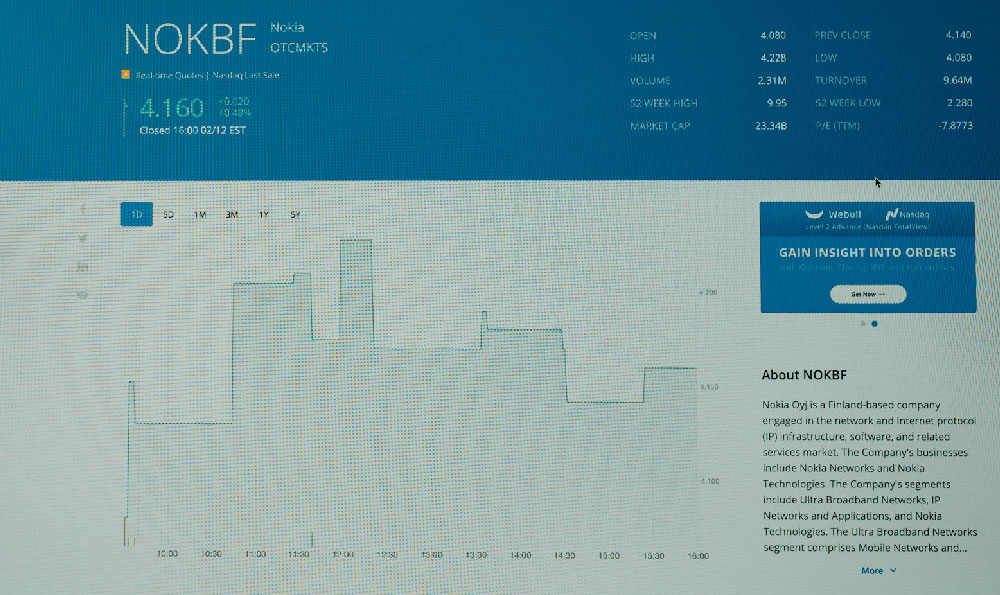Jared Kushner's wealth and how he accumulated it is a multifaceted story involving real estate, strategic investments, and, undeniably, the foundation laid by his family's real estate empire. To understand his financial standing, one must delve into his career trajectory and the various ventures he's been involved in.
Kushner's early career was significantly shaped by his family's real estate business, Kushner Companies. This provided him with a substantial head start, offering access to capital, established networks, and valuable industry knowledge. After his father's legal troubles, Jared took the helm of the company at a young age. While this was a challenging period, it also presented an opportunity to prove his leadership and reshape the company's focus. He shifted the company away from smaller residential properties towards larger, more ambitious commercial ventures, a strategic move that ultimately contributed to significant growth.
One of the most notable deals that cemented his reputation in the real estate world was the acquisition of 666 Fifth Avenue in 2007. This purchase, made at the peak of the real estate bubble, was a highly leveraged and incredibly risky move. While it initially appeared to be a shrewd investment, the financial crisis of 2008 hit Kushner Companies hard, placing immense pressure on the firm to service the massive debt associated with the property. This situation highlighted the risks inherent in high-stakes real estate and the importance of prudent financial management, even within established family businesses. The eventual sale (or rather, long-term lease with an option to buy) of the property to Brookfield Properties at a significant loss was a public lesson in the complexities and potential pitfalls of the real estate market.

Beyond Kushner Companies, Jared Kushner established himself as an investor and entrepreneur through various ventures. He acquired the New York Observer newspaper in 2006, a move that signaled his ambition to extend his influence beyond real estate and into the media landscape. While the Observer, later rebranded as Observer.com, did not necessarily become a massive financial success, it did provide Kushner with a platform to cultivate relationships, shape narratives, and gain a deeper understanding of the media industry. This experience likely broadened his perspective and contributed to his overall business acumen.
His involvement in politics, particularly during his father-in-law Donald Trump's presidency, also generated considerable scrutiny regarding potential conflicts of interest. While he divested from some of his business interests upon entering the White House, questions remained about the influence his family's business ties might have had on his policy decisions. This period saw Kushner Companies navigating complex deals and seeking foreign investment, further fueling ethical concerns and raising questions about the separation of public service and private financial gain.
Following his time in the White House, Kushner founded Affinity Partners, a private equity firm focused on investing in companies and technologies with a global reach. This venture has attracted significant attention due to its reported ties to foreign investors, particularly in the Middle East. The scale and scope of Affinity Partners demonstrate Kushner's ambition to play a major role in the global investment landscape. The ethical questions surrounding this venture continue, as some critics argue that his previous political role could give him an unfair advantage in attracting investors and influencing policy.
In summary, Jared Kushner's wealth is derived from a combination of factors. He inherited a substantial foundation from his family's real estate business, leveraged that foundation through strategic investments and acquisitions, and expanded his influence into media and private equity. While he has experienced both successes and setbacks, his ability to navigate complex deals and build relationships has been instrumental in his financial trajectory. The ethical considerations surrounding his business activities, particularly his ties to foreign investors and his prior role in government, remain a subject of ongoing debate and scrutiny. His story serves as a reminder of the complex interplay between family wealth, business acumen, political influence, and ethical responsibility in the world of high finance and real estate. The true measure of his long-term success will depend on his ability to generate sustainable returns for his investors while adhering to the highest ethical standards.












